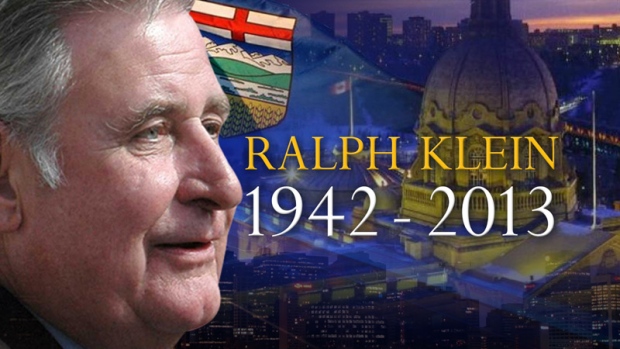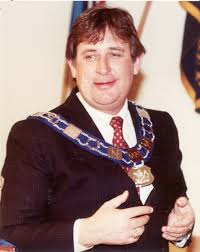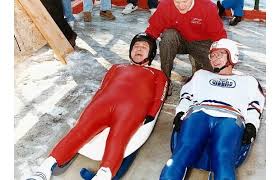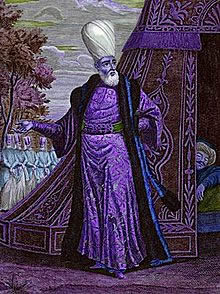|
The Role Model Of The Position Of Mayor Return to Home Page: Larry For Mayor The Influence
of a Mayor over the lives of young people is a trust that is important.
|
||||||||||||||||||||||||||||||||||||||||||
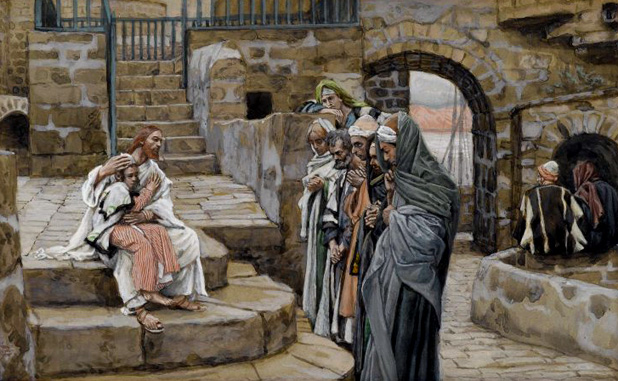 "And whoever welcomes one such child in my name welcomes me." - Jesus of Nazareth |
 “If anyone causes one of these little ones—those who believe in me—to stumble, it would be better for them to have a large millstone hung around their neck and to be drowned in the depths of the sea." Jesus of Nazareth Gospel of Matthew 18:6 NIV |
 In the Local Authorities Election Act (LAEA), the Mayor is also called the Chief Elected Official |
||||||||||||||||||||||||||||||||||||||||
|
Western
Culture Definition of Mayor in English: -------------------------------------------------------------------------------- [Middle English maire, from Old French, from Medieval Latin mior, from Latin, greater, superior; see meg- in Indo-European roots.] -------------------------------------------------------------------------------- mayor·al (mr-l, m-ôrl, -r-) adj. mayor·ship n. 2. a female mayor. She has just been elected mayoress. |
|
Eastern
Islamic Variations Aga Khan is the title of the leader of the Shia Muslim Nizari Ismaili sect. The title Agha Khan was an honorific title bestowed by Fat'h Ali Shah Qajar of Iran on his son-in-law Hassan Ali Shah (ca.1800-1881), the leader of the Ismaili Shi'as of Persia. Agha in Kurdistan In Kurdistan, within the tribal Kurdish society,
"agha" is the title given to tribal chieftains, either supreme
chieftains, or to village heads. It is also given to wealthy landlords
and owners of major real estates in the urban Kurdish centers, although
these landlords are usually with heavy tribal relations. The common
tribesmen would honor the chieftains or the village heads by calling
them "agha" or "agha" so and so. The "agha"
would usually have a diwan or diwan-khane, a special room, or house,
dedicated to the "agha" and his male guests, for sitting and
drinking tea, discussing the affairs of the tribe and other mundane
subjects. The agha and his guests would listen at times for local or
visiting singers and story tellers (usually Jewish merchants or peddlers),
who would entertain the "agha" and his guests. The common
agha was in fact one person who was in charge of several major tasks
of the tribal society under his jurisdiction: He was the head of the
political unit, the main judge and arbitrator, the main military leader
of his armed tribesmen, the main finance minister responsible mainly
for receiving dues from his subjects for their harvest and commercial
transactions committed under his jurisdiction. One of the best studies
on "aghas" in the Kurdish society is the important book of
Mordechai Zaken, Jewish Subjects and their tribal chieftains in Kurdistan. |
||||||||||||||||||||||||||||||||||||||||
|
|
|
Next Level , the
Pasha Three grades of Pasha existed, distinguished by the number of yak- or horse-tails (three, two and one respectively; a symbol of Turco-Mongol tradition) or peacock tails, which the bearers were entitled to display on their standard as a symbol of military authority when on campaign* Only the Sultan himself was entitled to four tails, as sovereign commander in chief.
|
||||||||||||||||||||||||||||||||||||||||
|
|
||||||||||||||||||||||||||||||||||||||||||
